Golden Paddlers win best poster in int’l conference for geology
Giselle Jane Dayanan and Iver Jay Yana, both fourth-year students in the Bachelor of Science...
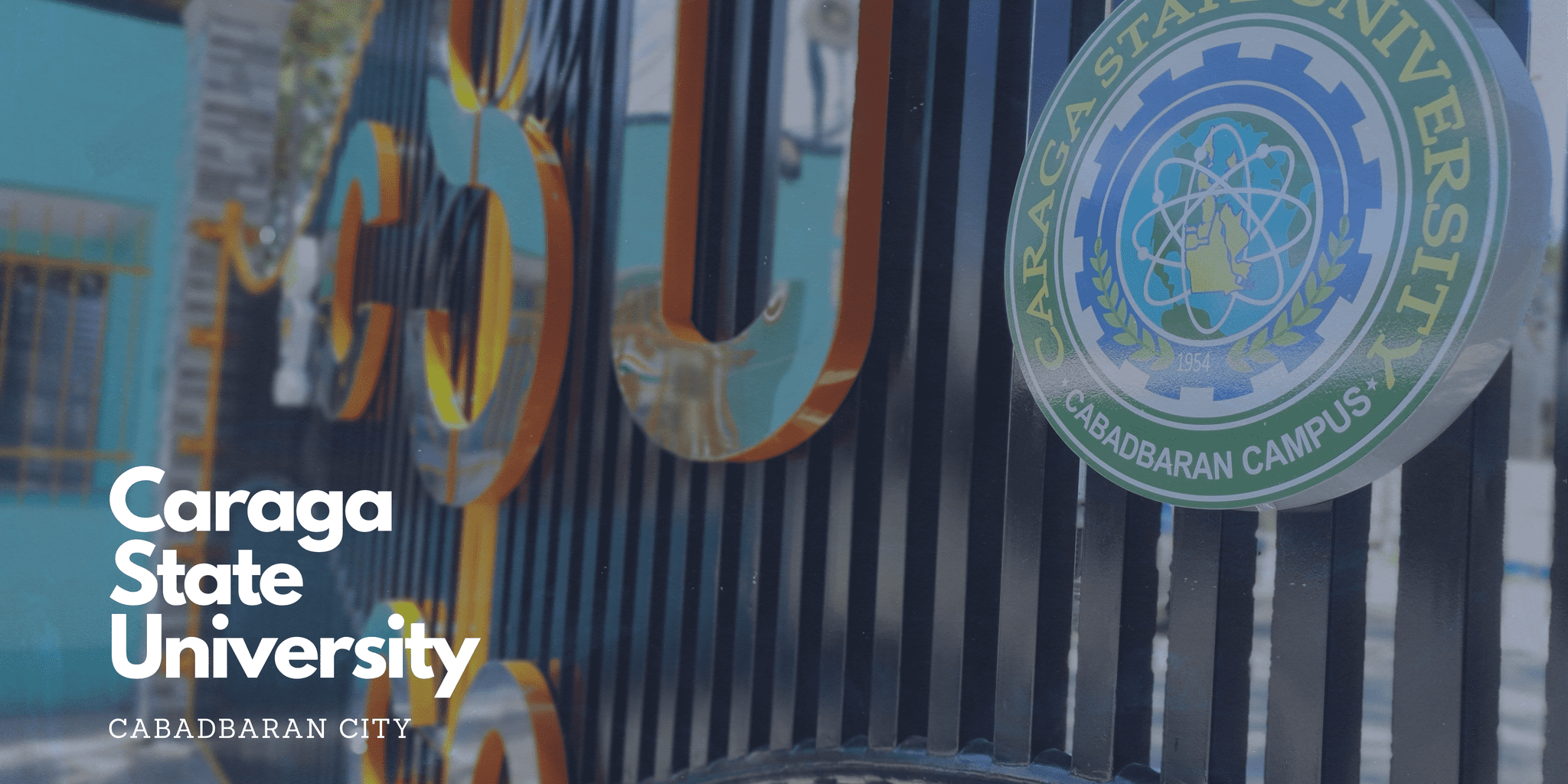
Northern Mindanao College of Arts, Science, and Technology (NMCAST), formerly Agusan Trade School, was established in 1953 in Cabadbaran City. Over the years, it evolved from a trade school into a college, offering degree programs and vocational courses. In 2009, NMCAST was integrated into Caraga State University, becoming part of its expanded academic network.
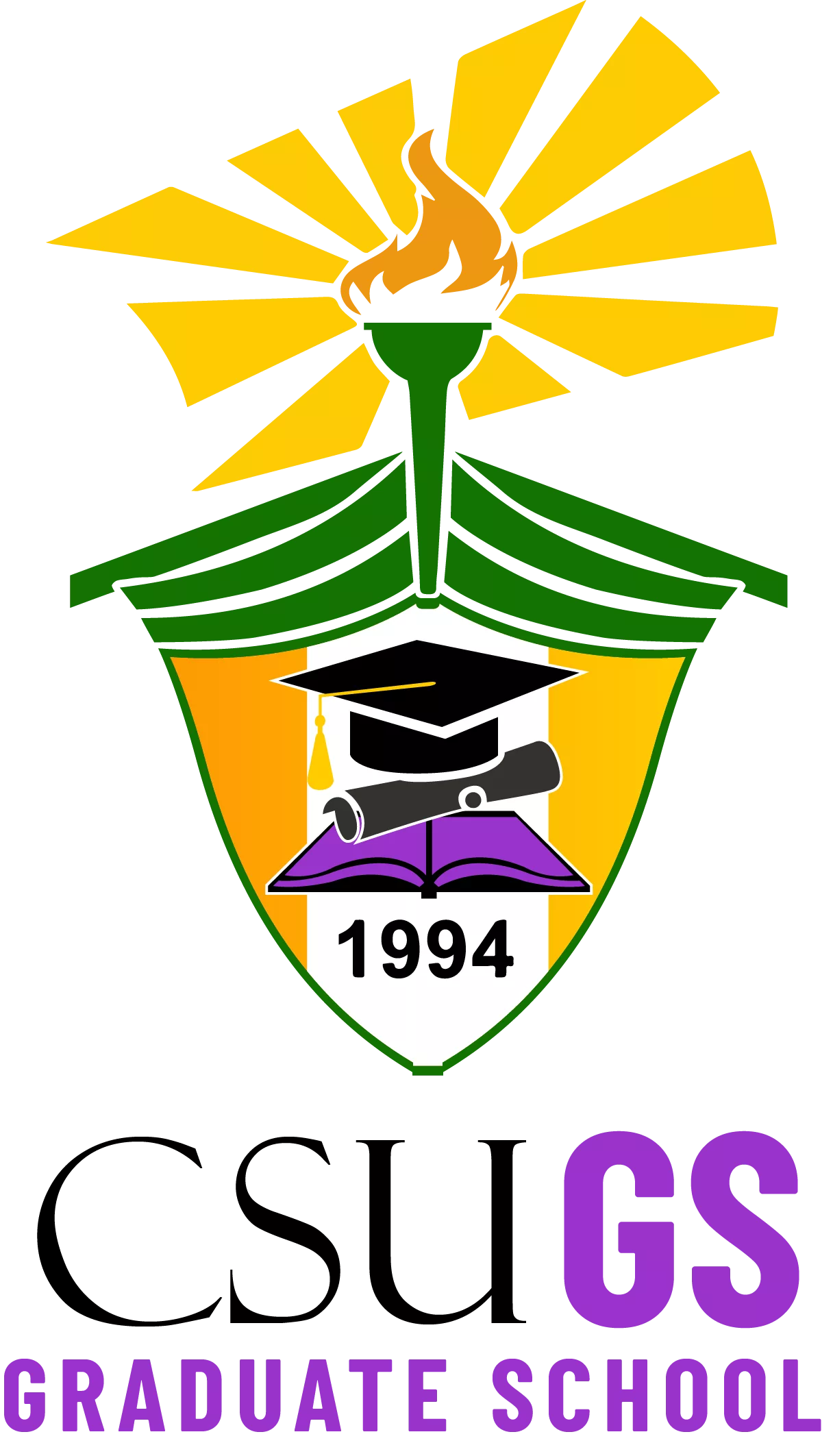
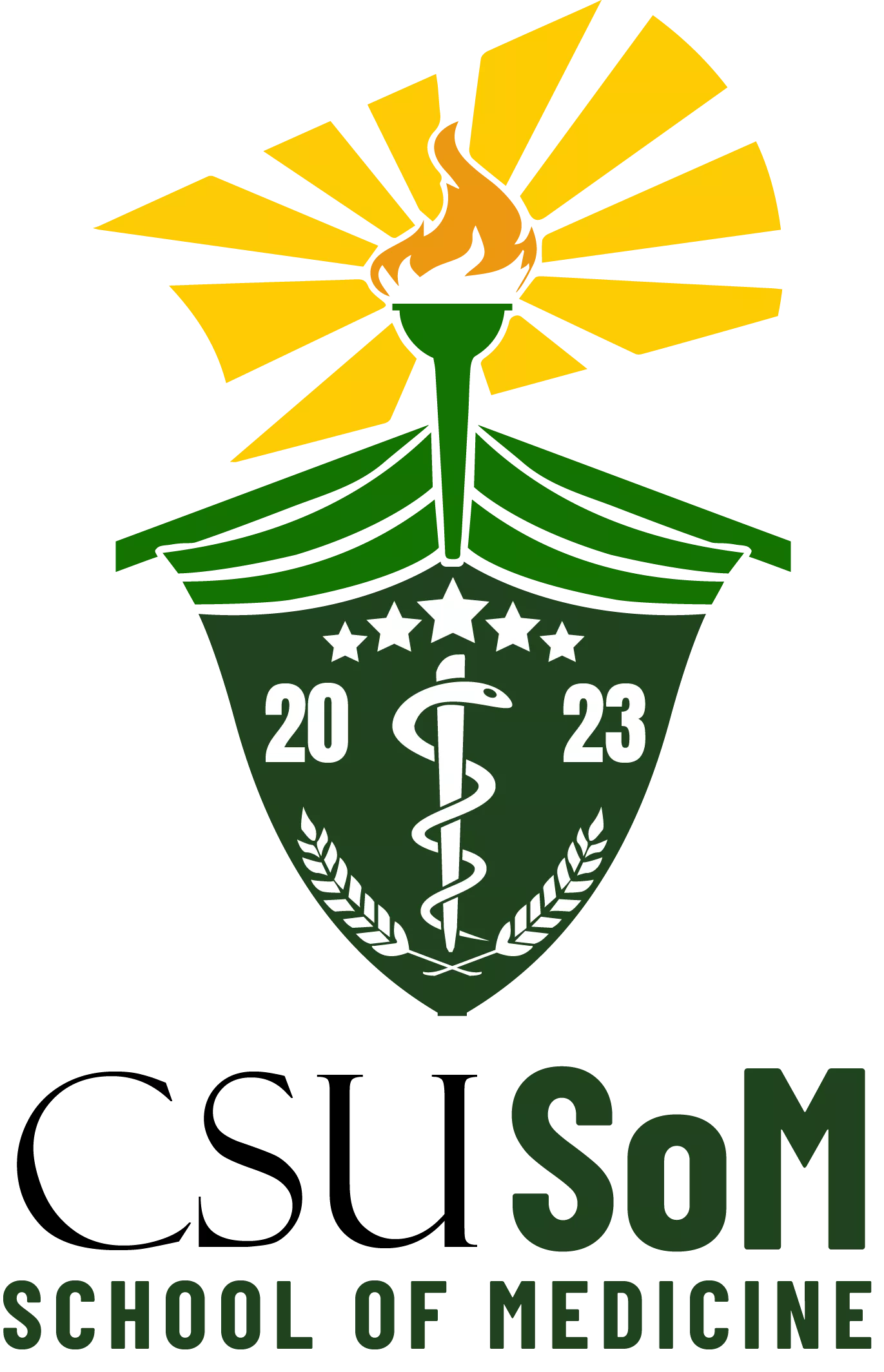
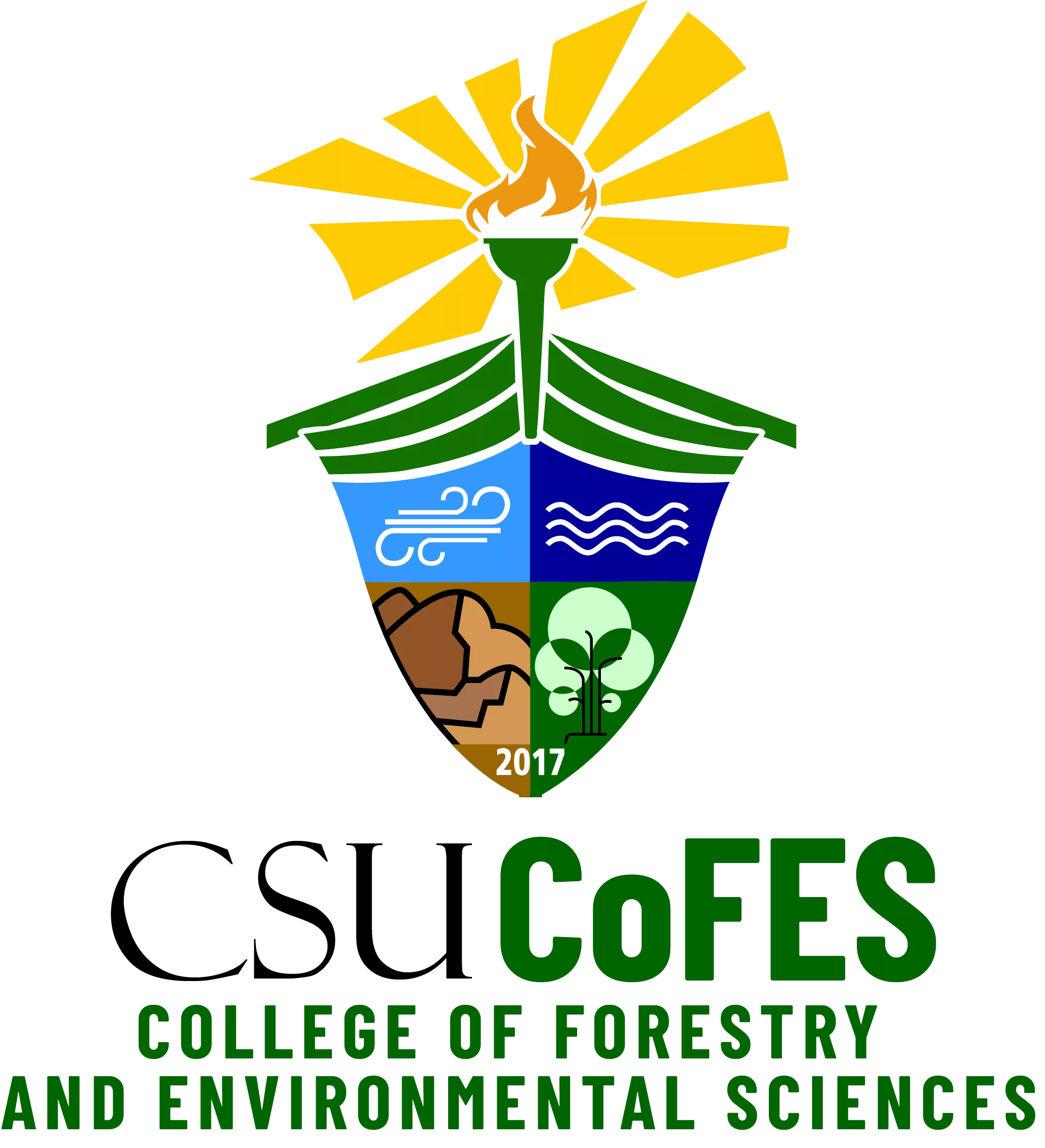
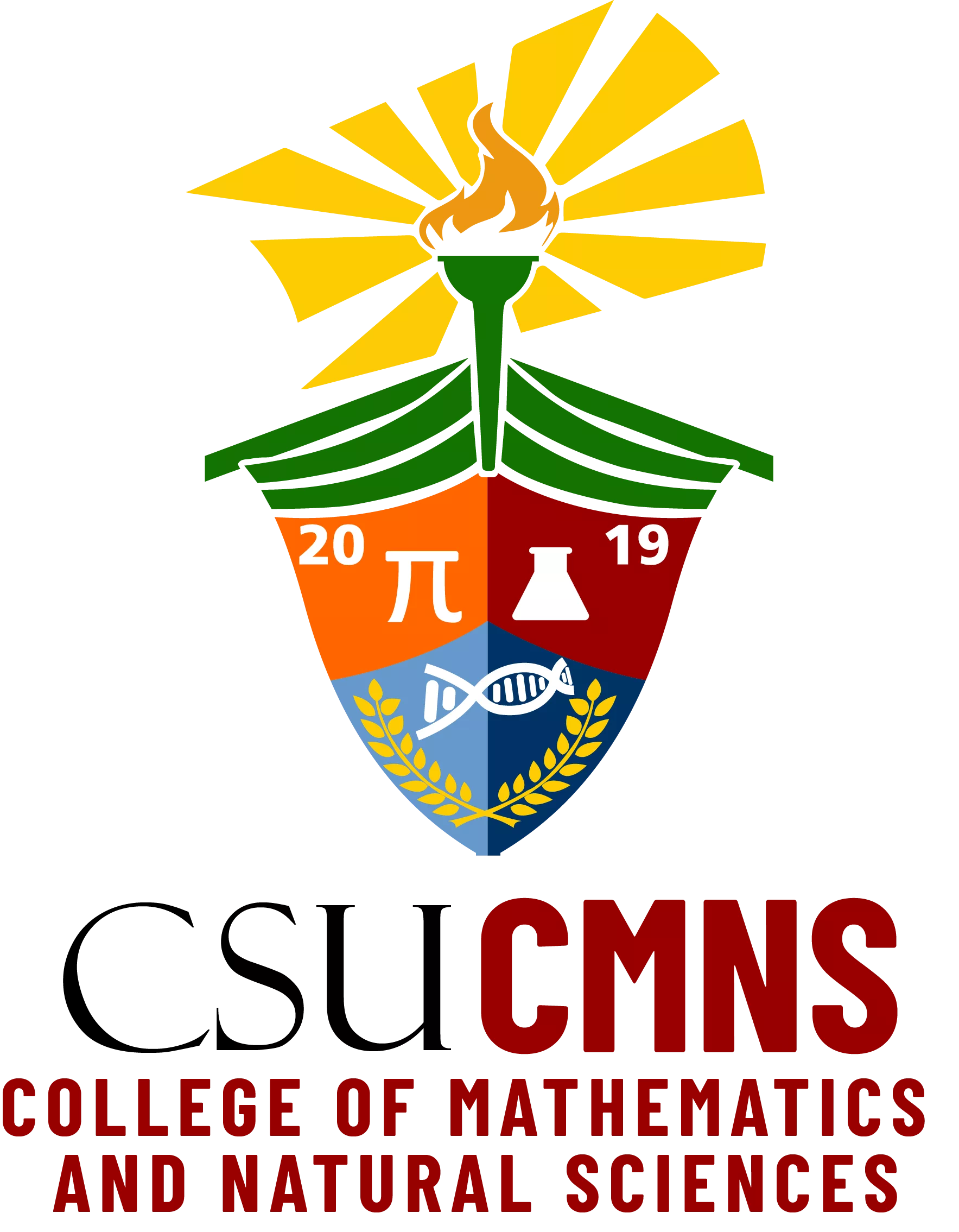
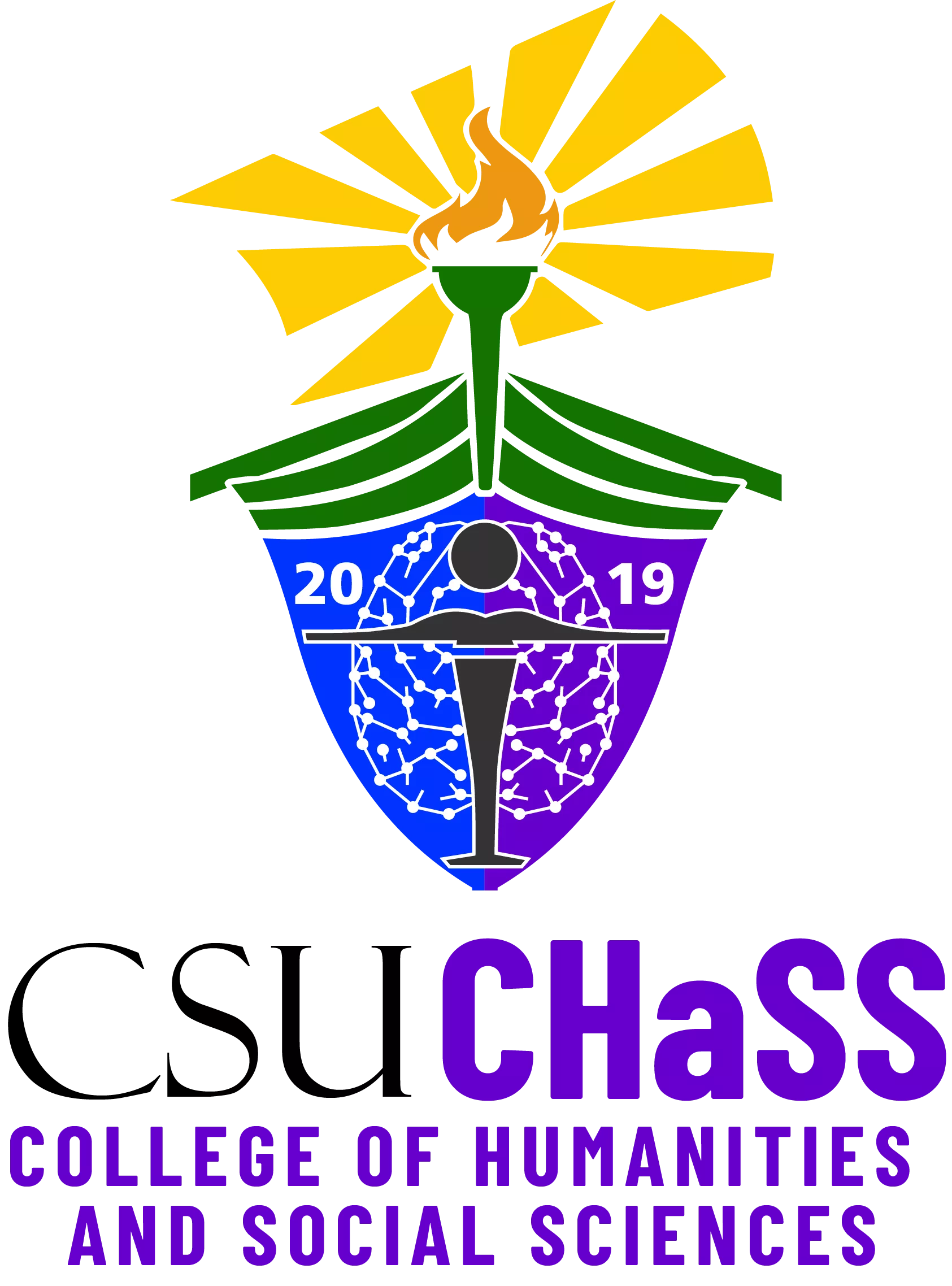
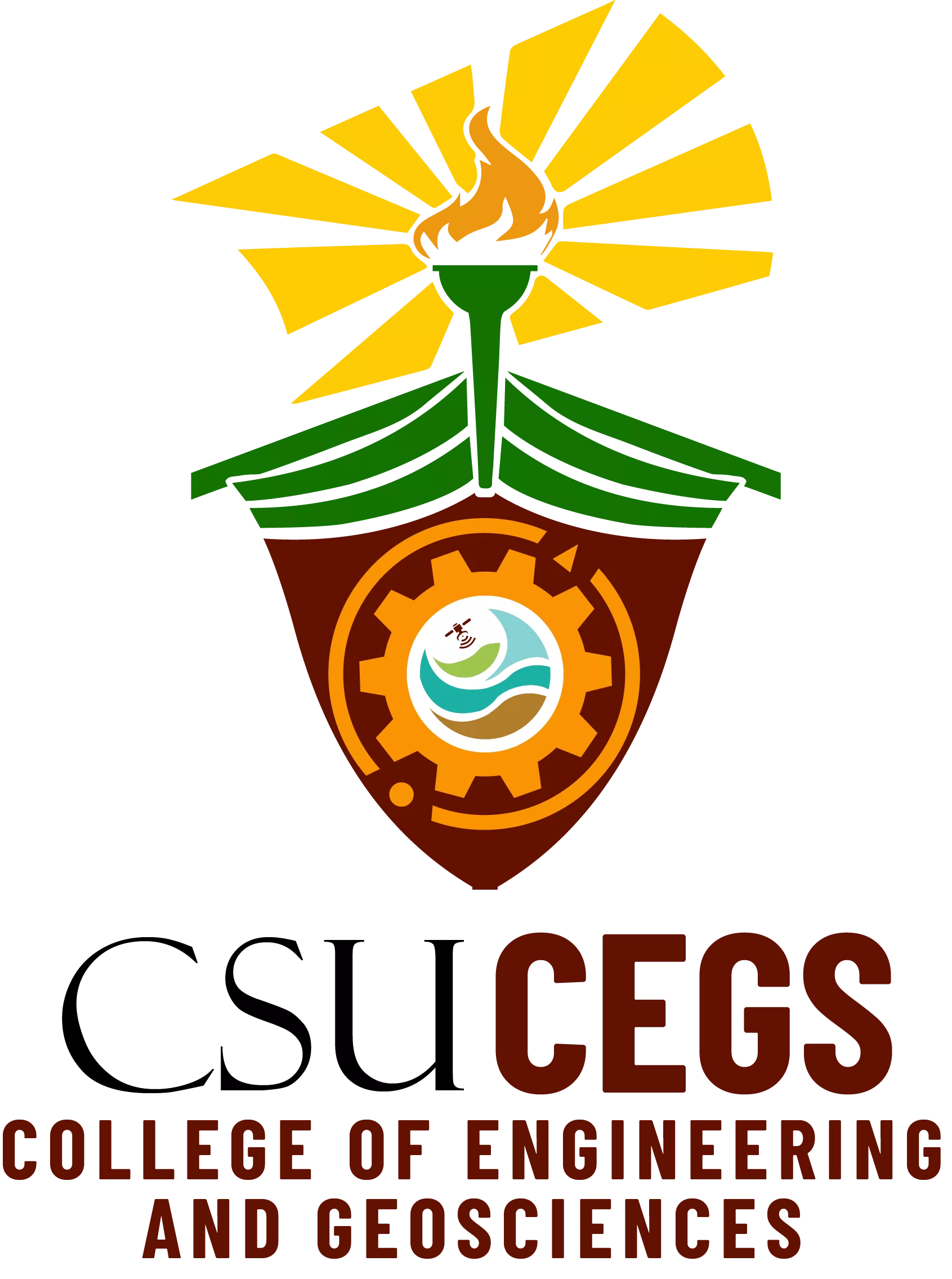
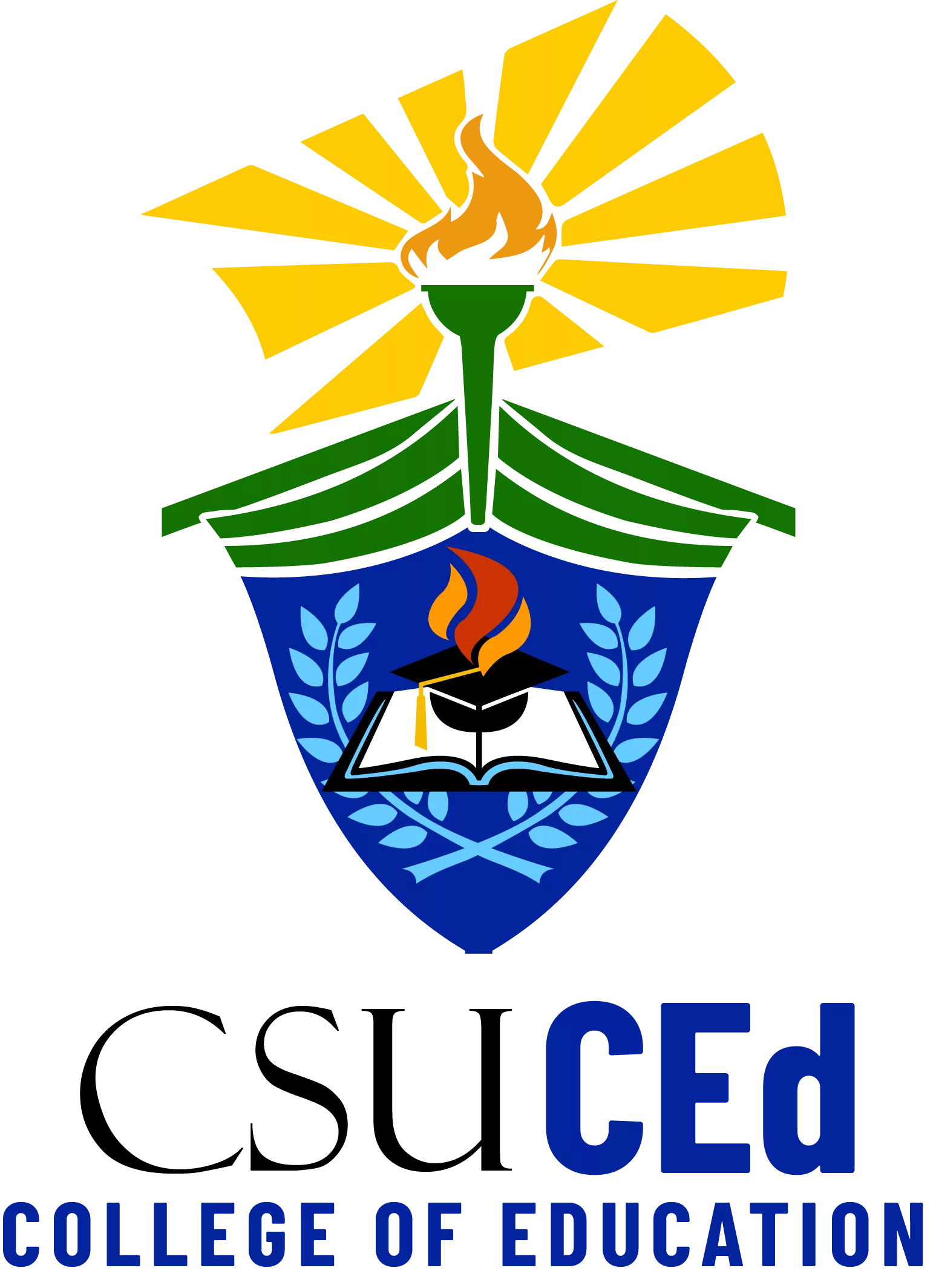
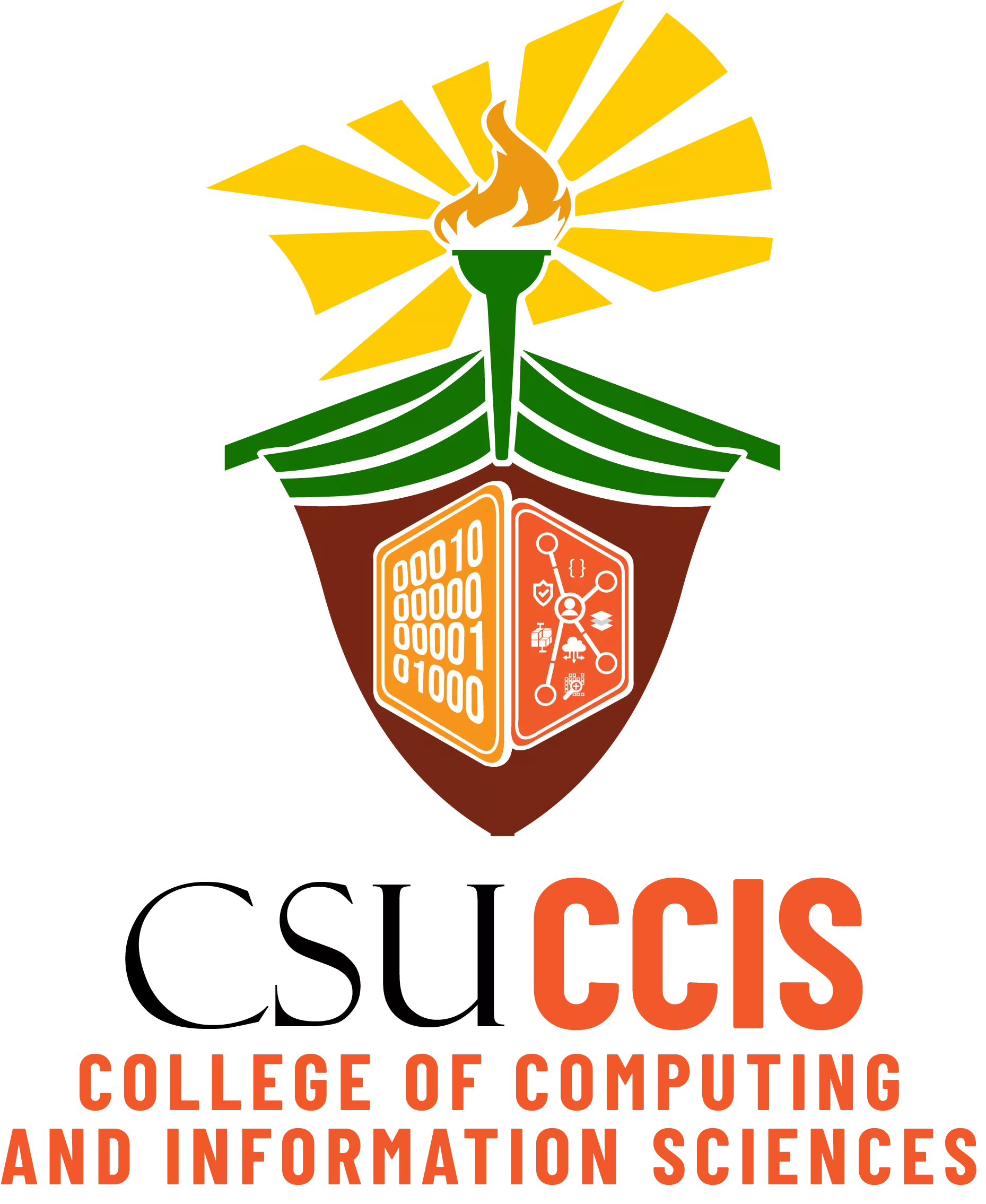
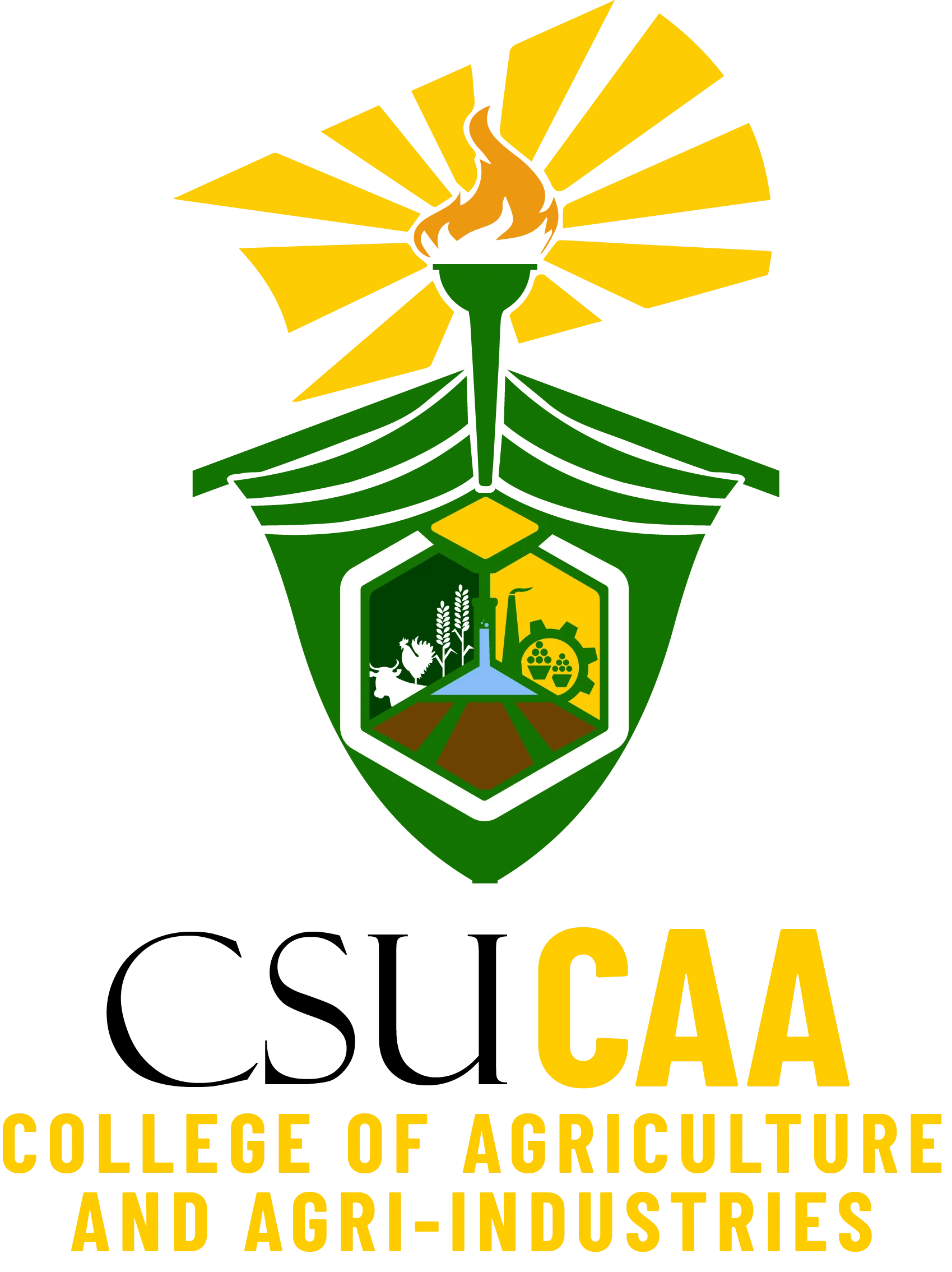









Giselle Jane Dayanan and Iver Jay Yana, both fourth-year students in the Bachelor of Science...
The Caraga State University served as the venue for the Culmination Activity of the 18-Day...
Caraga State University (CSU) continues to strengthen its global academic and leadership footprint as University...

Caraga State University (CSU) is steadfast in its dedication to addressing and advancing the United Nations’ Sustainable Development Goals (SDGs). The university recognizes that higher education institutions play a pivotal role in fostering a sustainable future through impactful teaching, research, community engagement, and global partnerships. By aligning its strategic initiatives with the SDGs, CSU aims to contribute substantially to local and global efforts to tackle pressing challenges such as poverty, good health and well-being, quality education, environmental degradation, and climate change.
Shaped by CSU
Shaped by CSU features exemplary graduates of the university who have achieved significant recognition and contributed to the pursuit of CSU in the local and international arena.
Dr. Alejandro Macadatar shares how he persisted in realizing his dream job—becoming a teacher— and advocacy for his community, which the university helped shape.
Embrace Excellence and Leadership as a Proud Golden Paddler of Caraga State University!
For concerns and Inquiry about the website please visit
Public Information and Communication Office
or email us at pico.csu@carsu.edu.ph
